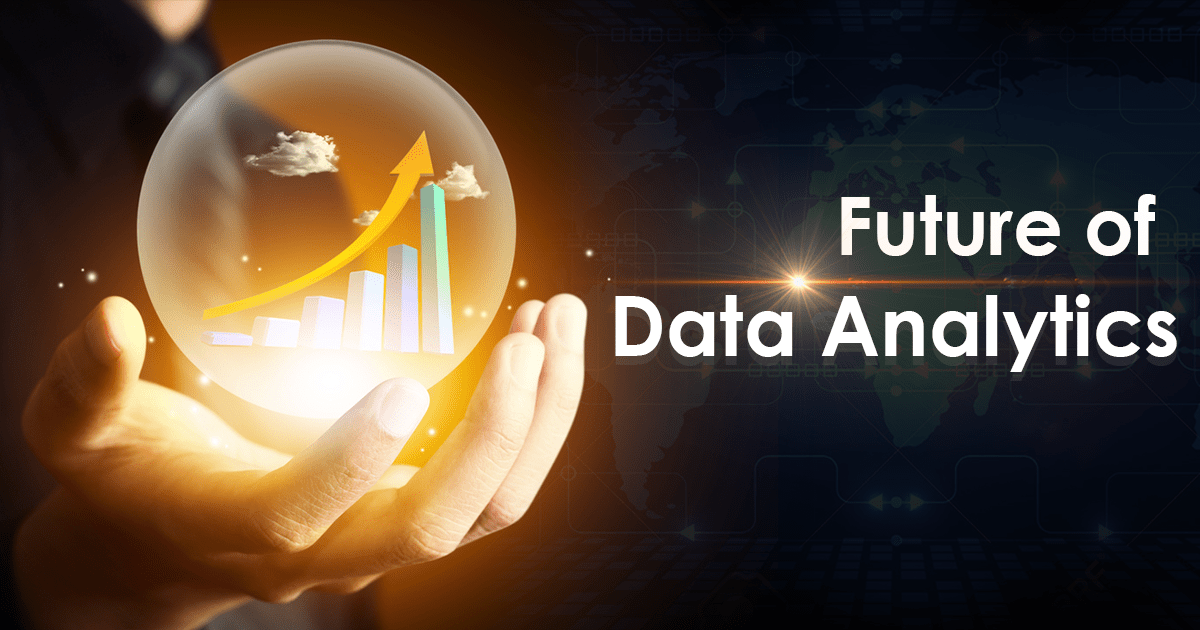What is Data Analytics and Its Future Scope?
In today’s data-driven world, the term data analytics has become more than just a buzzword. It is revolutionizing industries, driving decisions, and shaping the way businesses operate. But what exactly is data analytics, and why is its future so promising?
What is Data Analytics?
Data analytics refers to the science of analyzing raw data to draw meaningful insights and make informed decisions. It involves examining datasets to uncover patterns, correlations, trends, and anomalies. Businesses, governments, and researchers use data analytics to solve problems, improve performance, and forecast outcomes.
Types of Data Analytics:
-
Descriptive Analytics – What happened?
-
Provides a summary of past data (e.g., reports, dashboards).
-
-
Diagnostic Analytics – Why did it happen?
-
Investigates the root cause of an issue.
-
-
Predictive Analytics – What will happen?
-
Uses historical data and machine learning to forecast future outcomes.
-
-
Prescriptive Analytics – What should be done?
-
Suggests actions to achieve desired results using AI and simulation.
-
Importance of Data Analytics
-
Informed Decision-Making: Leaders rely on analytics for data-backed decisions.
-
Improved Efficiency: Organizations optimize operations by identifying bottlenecks and streamlining processes.
-
Enhanced Customer Experience: Analytics helps tailor services and products to consumer behavior and preferences.
-
Risk Management: Helps in identifying potential risks and mitigating them early.
-
Competitive Advantage: Businesses that leverage data are better positioned in the market.
Industries Using Data Analytics
-
Retail: Personalized marketing, inventory management.
-
Healthcare: Disease prediction, patient care optimization.
-
Finance: Fraud detection, risk analysis.
-
Manufacturing: Quality control, predictive maintenance.
-
Sports: Performance tracking, game strategy.
-
Government: Policy planning, public safety, smart city initiatives.
Future Scope of Data Analytics
The future of data analytics is both exciting and expansive. As the amount of data generated continues to grow exponentially, the demand for skilled data professionals is increasing.
Key Trends Shaping the Future:
-
Artificial Intelligence & Machine Learning Integration
-
AI-powered analytics tools will make predictions and decisions faster and more accurately.
-
-
Real-Time Analytics
-
Businesses will increasingly rely on real-time insights for dynamic decision-making.
-
-
Data Democratization
-
Tools will become more user-friendly, enabling non-technical users to perform data analysis.
-
-
Cloud-Based Analytics
-
Scalable, accessible, and cost-effective cloud solutions are the future of data storage and processing.
-
-
IoT and Big Data
-
The Internet of Things will generate massive datasets, requiring advanced analytics solutions.
-
-
Ethical Data Use and Governance
-
As privacy concerns grow, responsible data use and compliance will be critical.
-
Career Opportunities in Data Analytics:
The field offers diverse and lucrative career paths, including:
-
Data Analyst
-
Data Scientist
-
Business Intelligence Analyst
-
Machine Learning Engineer
-
Data Engineer
-
Analytics Consultant
According to industry reports, the data analytics market is projected to reach over $650 billion by 2029, highlighting its immense growth potential.
Data analytics is more than just crunching numbers — it’s a strategic tool that empowers organizations to thrive in the digital era. As technology evolves, data analytics will become even more integral to decision-making, innovation, and competitive advantage. Whether you’re a student, professional, or business owner, understanding and embracing data analytics can open up a world of opportunities.

